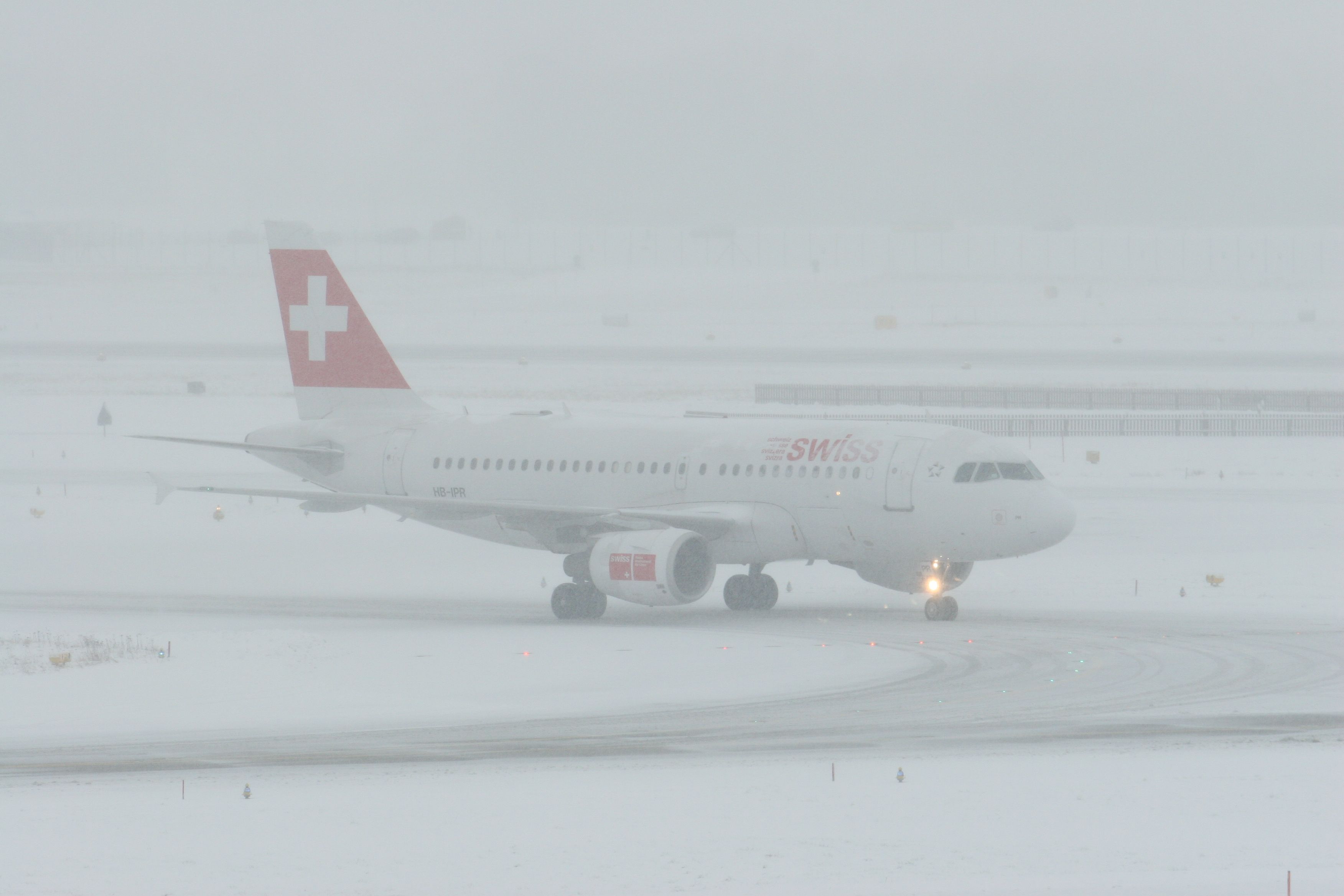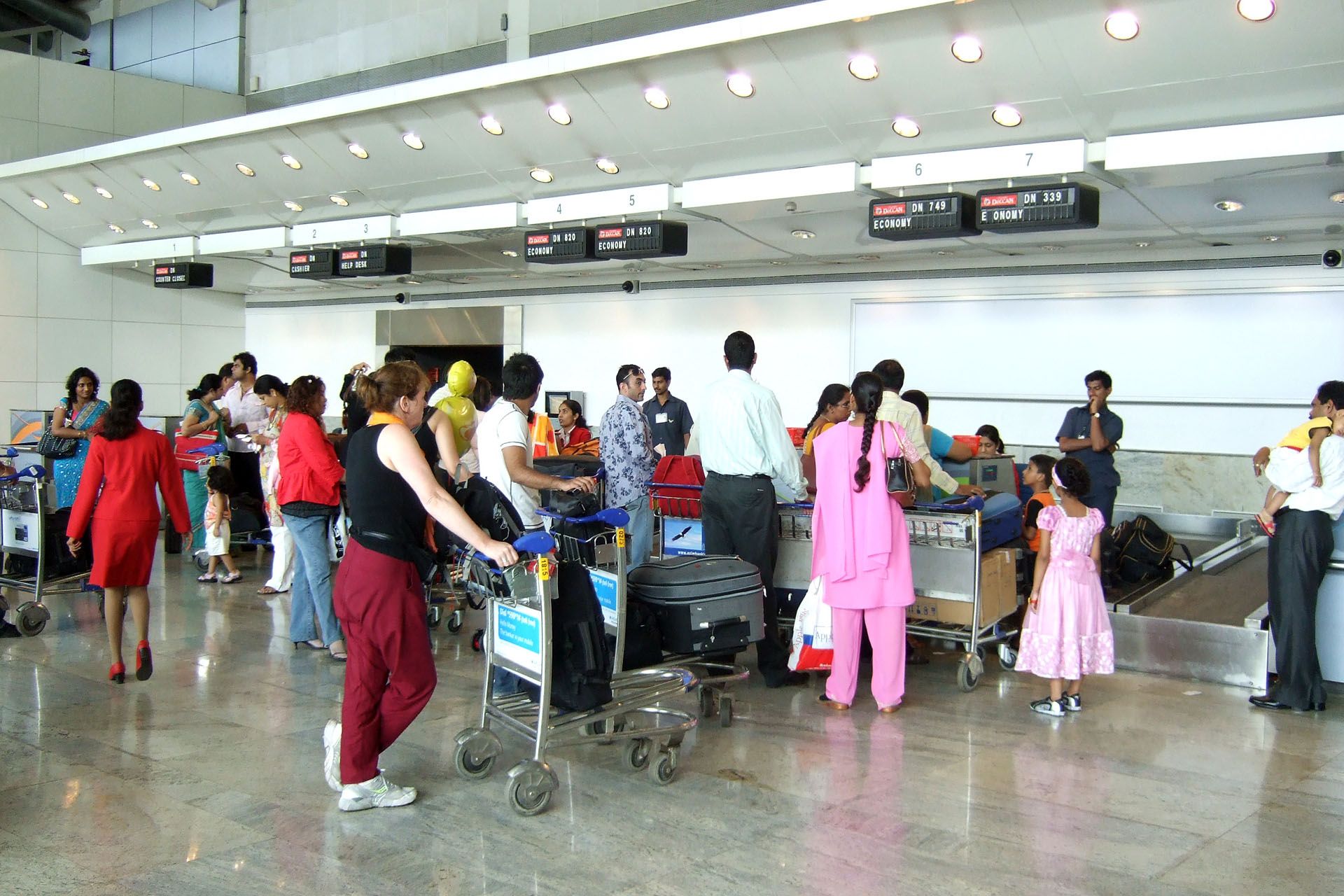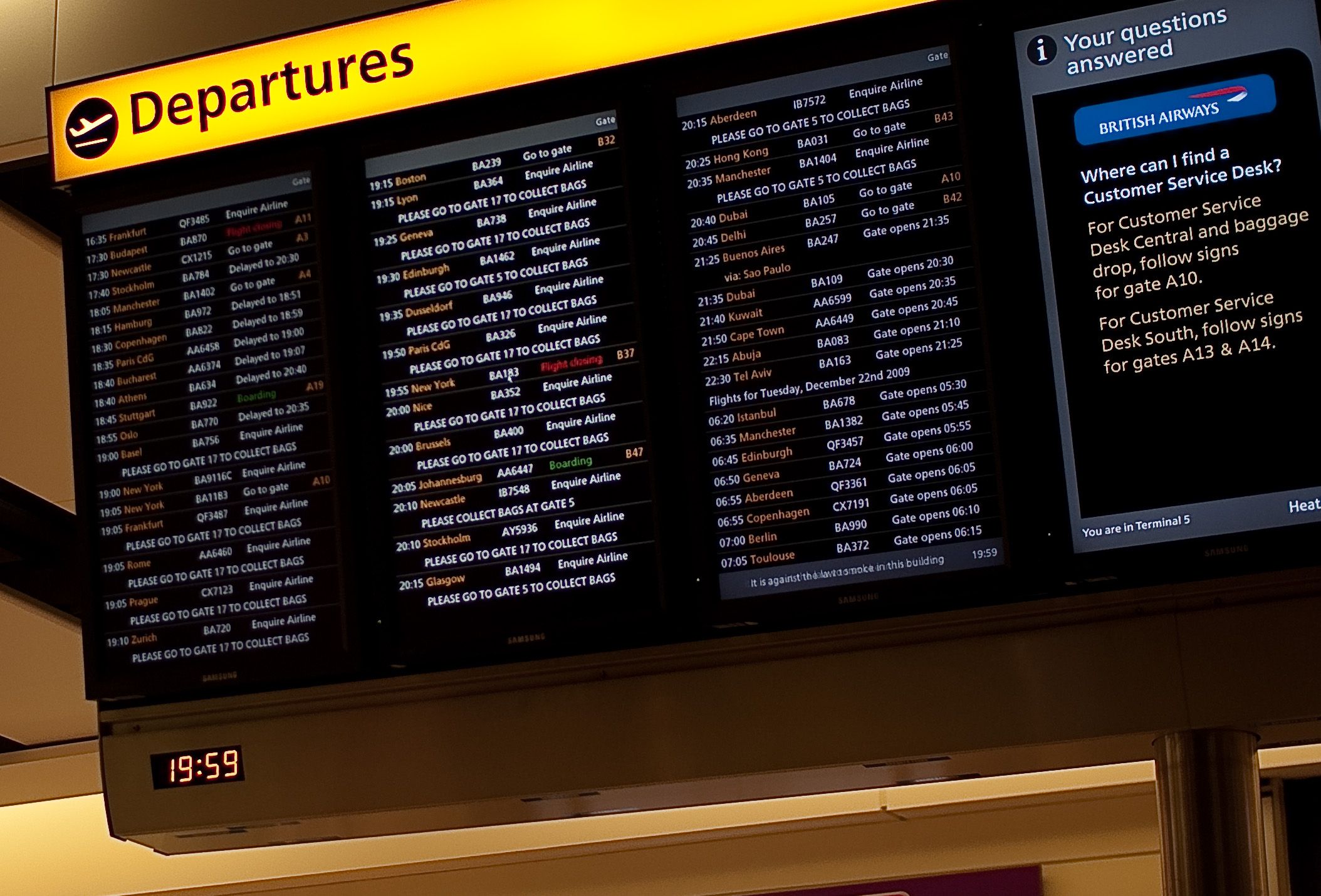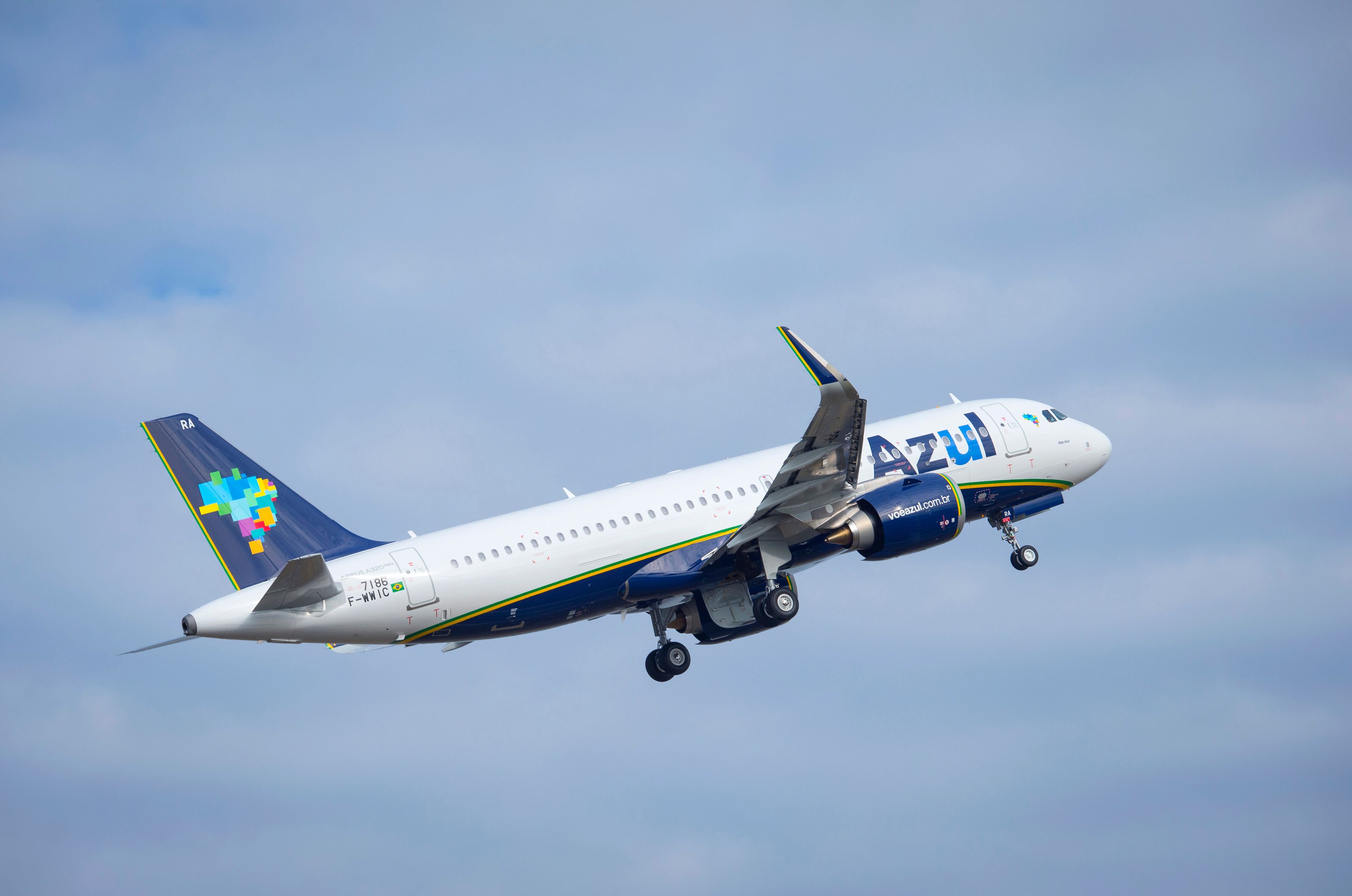Flight delays are one of biggest and most frustrating issues that can happen when you’re traveling. Not only will you lose precious time, but you’ll also be burdened with the stress of rescheduling your onward plans. With flight delays and cancelations persisting post-pandemic, here’s what you should know so that you’re well-prepared.
Why do flights get delayed?
In 2022, airlines faced difficulty coping with the sudden, unanticipated demand for air travel. As they resolutely worked to operate the 26 per cent increase in passenger flights compared to the previous year, many airlines struggled to cope due to a range of factors, from staff shortages to inadequate operational capacity.
From January to May 2022, 88,161 domestic flights were delayed in the United States – that’s a shocking one in five flights. Across the Atlantic, one-third of European flights were canceled throughout the year, with 50 per cent of flights delayed during the summer months.
Apart from airline issues and increased travel demand, the weather (like the recent winter storms in the Northern Hemisphere) also plays a significant role in flight delays, as seen over the Christmas period.
What can you do?
Because logistics, operational, and staffing problems are not always known to passengers – and the weather is, well, the weather – travelers are often unprepared for a delayed flight. Here are some useful tips to keep in mind so that you know what to do when your flight is delayed:
Skip speaking to airline representatives: Oftentimes, when a flight is delayed, there’ll be over a hundred passengers trying to speak to an airline representative at the airport. Instead of waiting your turn, you might be better off ringing up the customer service hotline. Alternatively, you could try reaching out via social media – Twitter has been proven to be helpful in such cases as airlines value their social media reputation.
Arrive at the airport early: If you’re lucky enough to have been notified beforehand that your flight has been delayed, you might want to head to the airport early to try to secure an alternative flight. Other passengers on your flight would also be seeking to get a seat on the next flight out, so you may stand a better chance if you’re at the check-in counter before them.
Know your rights: Most airlines are expected to book you onto the next available flight if yours is delayed. In cases where the delays extend beyond a certain amount of time, you could be compensated for more than just a rebook. Make sure to have a look at the airline’s Conditions of Carriage, which may entitle you to make claims for food and drink, ground transfers, accommodation, and phone calls made during the duration of the delay.
Always have a backup plan: If you’re willing to spare a few bucks, you might want to pay extra for non-basic fares that cover itinerary changes. You might also want to look into getting travel insurance. If you prefer not to spend, it’s good to map out nearby airports from which you could catch another flight – you can then opt for a refund for your delayed flight, instead of rescheduling onto the next available one.
Airline on-time performance track record
Photo: Airbus
To steer clear of delays, it’s worth checking the track record of the airline you’re flying with before you make your booking. For example, the world’s largest low-cost airline, Southwest Airlines, recently faced a meltdown involving more than 16,000 disrupted flights. On the other hand, Brazilian low-cost carrier, Azul Airlines, was crowned the World’s Most On Time Airline in 2022, with a nearly 89 per cent on-time performance.
Source: Cirium







